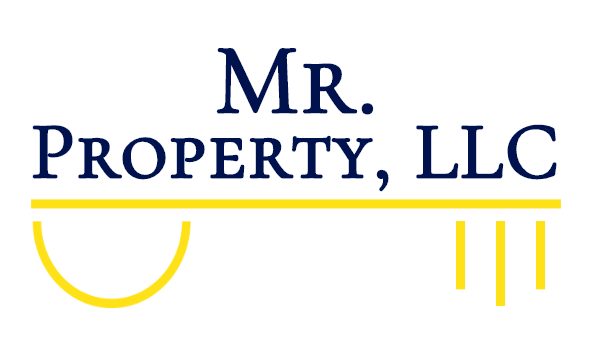A tenant at will or TAW is described as someone who has;
- An oral agreement to rent
- A written agreement with your landlord that says you have a month to month tenancy or it does not say when your tenancy ends.
- A written Lease has ended or “expired,†you have not signed a new lease, and your landlord continues to accept rent at the beginning of the month without objecting or writing on your rent check “for use and occupancy onlyâ€
These Tenants basically are allowed to live and rent units without a lease in place. This comes with certain advantages and disadvantages on both sides and it is good to know what can and can’t be done with TAW. First, even a TAW has the rights of any other tenant with a lease and if they are still there after the ending of the original lease they are protected and required to follow all agreements as per the last lease. The only difference being is the fact that they are month-to-month. This means that they are very flexible. Tenancy can be ended in a 30 day notice from both sides unless otherwise stated in the prior lease. To raise rent a landlord needs to give is a 30 day notice of cancellation of agreement and give them an opportunity to continue under the new price. Landlords do not need a specific reason to end tenancy. There are some fall backs to TAW agreements. There is possibilities of tenants leaving in middle of months, leaving in bad times to rent, and leaving you with longer term vacancies. If the tenant is good we always suggest in offering another Lease agreement that would end at a more desirable time to have to fill the unit.
A Lease on the other hand is usually a fixed term greater than six months that locks in a tenant for the fixed period. With this the rental agreement can only be changed at the end of said agreement. The only way to get rid of a tenant is through the eviction process. But, you can control when the tenant is leaving and you can give the tenant notice that at the end of the lease you wish them not to continue renting.
There is paperwork that can be held for TAW. We suggest the form on MassLandlords.net/forms.
In your respective state always make sure to double check the laws and regulations on what can and can’t be done. Always check with a lawyer before taking any action that could possibly put you in a position of legal trouble.
Resources:
https://www.masslegalhelp.org/housing/lt1-chapter-4-tenants-at-will
https://masslandlords.net/pros-and-cons-of-the-massachusetts-month-to-month-rental-agreement/
https://www.nolo.com/legal-encyclopedia/massachusetts-notice-requirements-terminate-month-month-tenancy.html





0 Comments